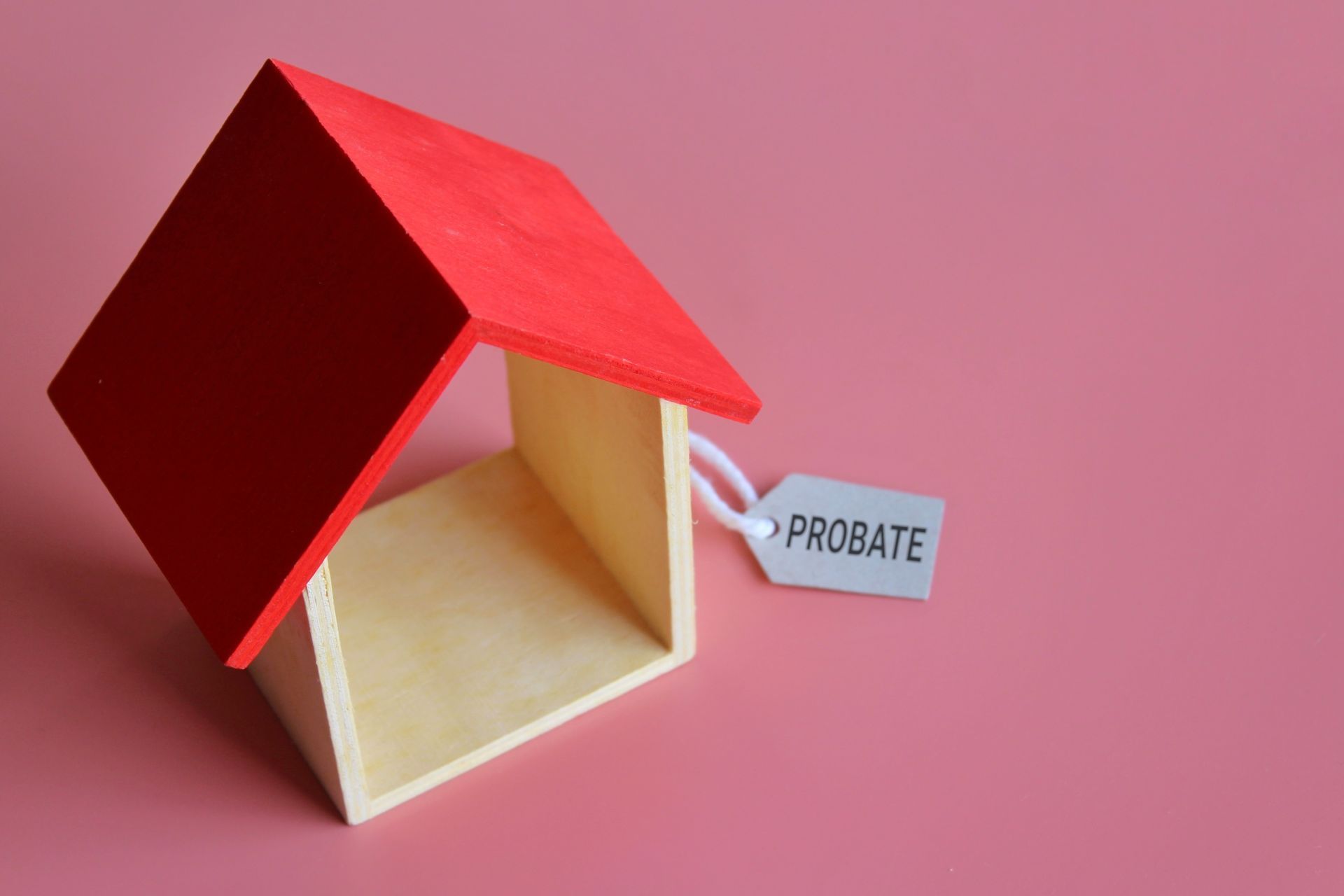Common Questions About Guardianship For Minors
There are times and circumstances in life when a person is unable to take care of themselves. In such situations, a guardian is appointed who takes over the legal authority to make decisions on behalf of their ward. A guardian is usually appointed for minor children, incapacitated seniors, and physically & mentally challenged adults. In the case of minors, guardianship becomes even more critical as sometimes the ward and the guardian may have to live together. The legal guardian may have to take over the duties and responsibilities of an actual parent. This would include providing food, housing, clothing, education, etc. Guardianship of minor children being such an important issue, we shall try to answer some commonly asked questions so that you can gain more clarity on the subject. Remember, these answers are only with respect to the guardianship for minors.
Who Is A Guardian?
A guardian is somebody who looks after the needs of the child. They provide everything to the child as a parent would like food, shelter, education, medical care, finance management, etc.
Does Guardianship Overrule Parental Rights?
Biological parents of the child maintain parental rights even when they do not have the actual physical custody of the minor. Such a situation mostly arises when parents are pursuing a divorce. During this time, their rights are just suspended but not terminated. When the parental rights are suspended the guardianship directive takes precedence over the provisions of the family court order. So, in such cases, the guardian can act on behalf of the minor while the parents cannot.
How Does Guardianship Differ From Adoption?
Guardianship is the legal association between the guardian and the minor ward. It gives certain rights and responsibilities to the guardian toward the child without severing the parental relationship of the biological parents. Instead, the two coexist.
Adoption is the permanent alteration of the relationship between the child and biological parents. Once the adoption formalities are completed, the adopted parents become lawful parents of the child, and biological parents cease having any parental rights and responsibilities.
How To Establish Guardianship Of A Child?
The procedure of establishing guardianship begins by filing a petition clearly stating your intention in gaining guardianship of the child or children. Along with it, you will have to pay a filing fee and submit a letter of consent from the biological parents of the child. Once the petition is filed, interviews are set on the behest of the court with the child, biological parents, and any other interested party. The court also reserves the right to order a home visit and conduct a detailed background check of the intended guardian.
How Does The Court Decide Guardianship Issues?
The court decides the guardianship issue for minors on the basis of what is in the best interest of the child. After reviewing the facts and documents presented if the court feels that appointing a guardian is in the best interest of the child, they will do so. Once it is so decided, you will be called in to sign an oath that solidifies and legalizes your intention to assume the guardianship responsibilities. You may need to fill in some forms to finalize the matter. Hence, visit your local government website to check the formalities.
Can Biological Parents Appoint Legal Guardian For Their Children?
Yes, biological parents can appoint legal guardians for their children. So, you can choose if anything were to happen to you, which would prevent you from raising your own kids, who would take care of them and protect their interests. Ideally, you should choose somebody who you trust implicitly. You can also name the guardian for your children in your will. Preferably choose a married couple and name both of them so that they both have the power to make decisions.
What Should I Look For In A Legal Guardian For My Children?
Here are a few things that you need to pay attention to while choosing a guardian for your children –
1. The said person should be known and completely trustworthy.
2. Must be an adult.
3. Should physically be capable of fulfilling the responsibilities.
4. Must have enough time on hands to take care of the child.
5. Must have a steady source of income sufficient to take care of themselves as well as your children.
Should I Become Guardian Of A Child Who Is Living With Me But Not My Own?
It is advisable that you become the legal guardian of any child living with you but not your own. In the absence of guardianship, you will not be able to take important decisions on the child’s behalf like education, medical care, financial management, etc. Becoming a legal guardian will make you an integral part of the minor and allow you to have a say in all matters concerning your ward.
If The Parents Don’t Grant Consent Can I Still Become A Guardian?
Legal guardianship is granted only under the following circumstances –
1. With the consent of both parents unless only one survives.
2. If the parents have abandoned the children or the court has terminated their rights.
3.
If the court finds that the child’s interests are best served by removing him or her from the custody of parents.
Are Guardianship Responsibilities Burdensome?
Become a guardian is almost like becoming a parent. When you assume legal guardianship of a minor, you take over all the responsibilities of a parent. So being a guardian is something that cannot be taken lightly. However, the real test of mettle happens only when the biological parents are no more, or their rights have either been terminated or suspended. In such a case, you are wholly and solely responsible for the child.
Wrapping Up
Assuming the role of a guardian for a minor is a big responsibility. Careful thinking is the key to making the right decision. Read the above questions and their answers judiciously. Hopefully, we have answered the most pressing questions to your satisfaction. But laws surrounding guardianship can be both complicated and confusing. Hiring an experienced and professional family law attorney will go a long way in smoothening the process for you.
Related Links –
Florida Guardianship Of Minor Child
Exploring Child Guardianship's Financial Aspects
Legalities of Power of Attorney and Guardianship for Child Custody
What is a Preneed Guardian in Florida?
Why You Need a Guardianship Attorney for Florida Guardianships
Florida Guardianship Law – All the Basics
Disclaimer: The information on this website and blog is for general informational purposes only and is not professional advice. We make no guarantees of accuracy or completeness. We disclaim all liability for errors, omissions, or reliance on this content. Always consult a qualified professional for specific guidance.
RECENT POSTS






